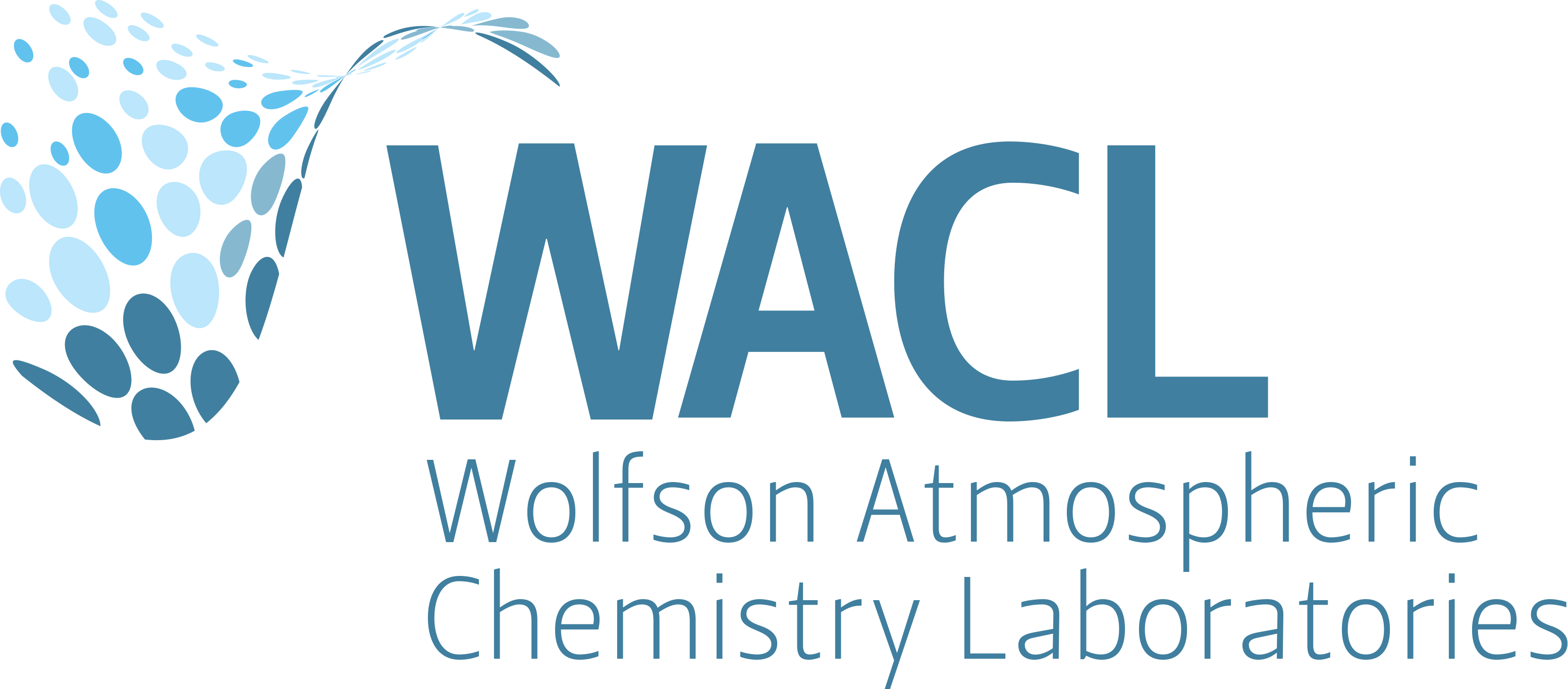Master Chemical Mechanism (v3.3.1)
Mechanism
The Master Chemical Mechanism (MCM) is a near-explicit chemical mechanism which describes the detailed gas-phase chemical processes involved in the tropospheric degradation of a series of primary emitted volatile organic compounds (VOCs). Currently, the degradation of methane and 142 non-methane VOCs is represented.
The MCM was originally developed to provide accurate, robust and up-to-date information concerning the role of specific organic compounds in ground-level ozone formation in relation to air quality policy development in Europe. However, it also provides a research tool for investigating other areas where a detailed representation of the chemistry is required, e.g. the generation of distributions of speciated radical and closed-shell intermediates formed during VOC degradation.
The main intention of this web site is to provide a flexible, easily utilised platform for the MCM that is readily accessed by the research and user communities, and to help promote its development and validation.
Using the website
The MCM mechanism contains 17224 reactions comprising 5832 different species. These can be explored by either starting at a primary emitted VOC in the Browse page, or directly typing a species name (or other identifier such as SMILES or InChI) into the search bar.
Subsets of the mechanism can be exported to download for offline browsing or use in kinetic modelling software (currently FACSIMILE and KPP are supported). This is done by adding emittents of interest to the marklist using the green plus buttons found throughout the website and then navigating to the export page.
Further details about the mechanism, including its development history, how to cite it, acknowledgement of funders and contributors, and a full archive of previous versions, can be found under the About heading in the navigation bar. There are alternative mechanisms that can be browsed in the same way by changing the mechanism from the Select Mechanism dropdown option in the navigation menu.
Updates
- 2023-11-13: Mechanisms can now be exported to KPP format
- 2023-11-10: AtChemOnline Tutorial added

